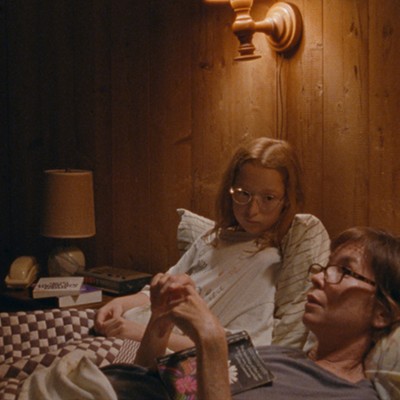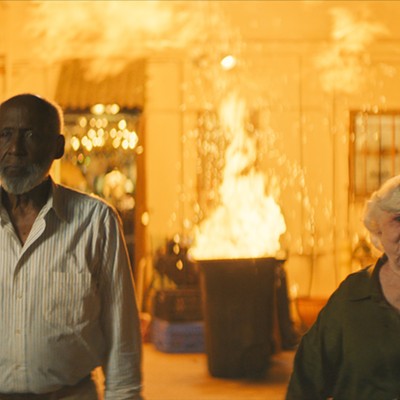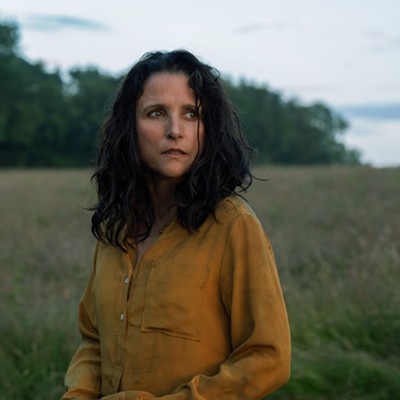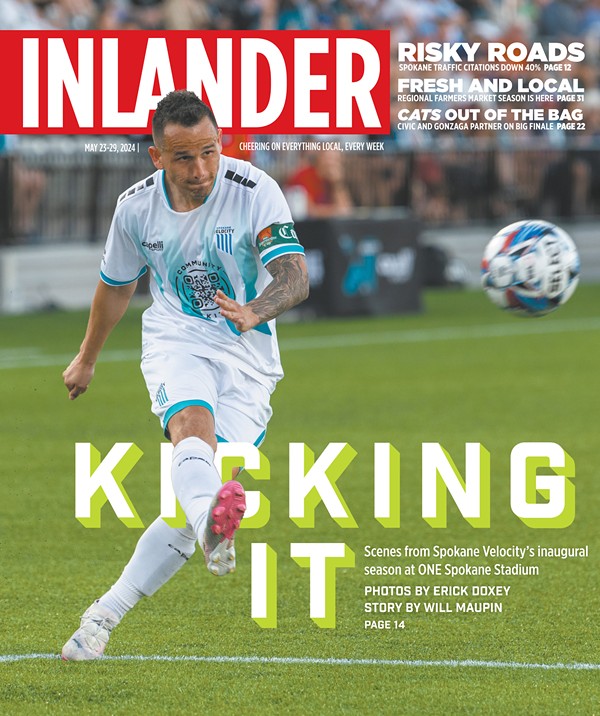"Why didn't I know about this?" wonders U.S. soccer legend and two-time Women's World Cup Winner Brandi Chastain early on in Copa 71. She is watching footage of the 1971 Women's World Cup, held in Mexico 20 years before the first official one put on by FIFA. The emotions she's feeling are a mixture of awe and anger. This is obviously a moment in history worth celebrating, but the fact that she — one of the most well-known players in the sport — didn't even realize it existed is the problem. This is where Copa 71 finds its footing as it attempts to fill that knowledge gap. The film not only succeeds, but it breaks through as both a joyous sports story and a historical document.
There is much of Copa 71 that can fall into the standard elements of documentary filmmaking. With plenty of talking head interviews that get intercut with archival footage and newspaper clippings of the time, it isn't setting out to reinvent the way these stories are often recounted. Everything hums along like a well-oiled machine, covering a lot of ground in a short amount of time out of necessity, due to its lesser-known story and a fidelity to the conventions of the form.
However, while there is something initially disappointing about its overly conventional approach to sharing this historic moment in sports, viewers will soon get swept up in the thrills of the tournament. There is a comprehensive excavation of how it came to be, taking some earned shots at the fundamentally corrupt and regressively conservative organization that is FIFA, just as there is an appreciation given to the most beautiful game itself, never once letting one swallow up the other. Instead, the documentary becomes a conversation about the joys of the sport as much as it is a critical story about labor.
It is in this balance that directors James Erskine and Rachel Ramsay ultimately do the subject justice. They could have easily filtered it through the lens of having primarily bigger-name American athletes constantly cutting in, but they thankfully do not. Instead, we get to hear fascinating reflections from the players who were actually there in Mexico in 1971 and what the competition means to them now, decades later. Though the film opens with folks like Chastain, just as much attention is paid to trailblazing athletes like Elena Schiavo. The impact she and all her fellow competitors had on the tournament — as well as the sport writ large — is now finally given its moment in the sun.
For all the ways history made the event a footnote to be ignored, Copa 71 joyously resurrects it. This is done without papering over the pain of feeling the highs of the historic tournament all come crashing down when the players were ignored and even insulted upon returning home. That the event is still not recognized by FIFA is unsurprising (though still infuriating). There is then value in a solid, well-told documentary that intervenes in the ongoing attempt by those in power to erase an integral and illuminating chapter in the history of the sport. We mustn't forget.
The closing montage that ties this all together is quite emotional and thoughtfully put together. Drawing parallels between the players of today like Megan Rapinoe and those we just spent the film getting to know, Copa 71 serves as a reminder that the work of progress is never done while still celebrating those that brought us to this point. As Chastain fittingly remarks near the end, whenever she is now thanked for being part of building the World Cup, she can finally set the record straight and correctly say "Oh no, I have some women to tell you about. You don't know them, but you will." ♦




















